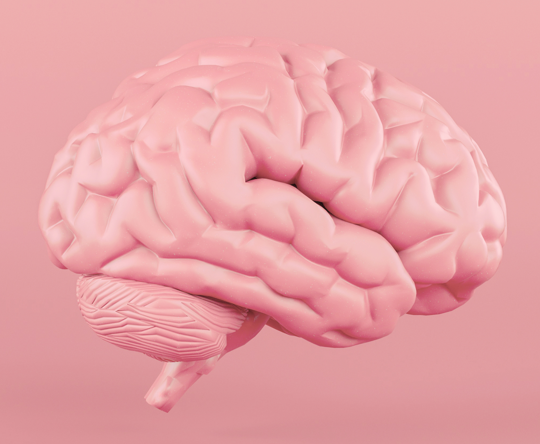Undiscovered eye diseases in infants, preschool and school children have irreparable consequences on the development of vision
Although we can contribute the most to the development of a child’s vision at a very early age, electrophysiological tests have shown that neural connections are formed and the visual pathway is optimized as late as the age of 20. It is very important to prevent the development of myopia in children, which is becoming an increasing problem for school-age children.
Read More
A DOCTOR LOOKS INTO: How does our eye react when we use a smartphone or a computer every day or look at the sun?
Natural light is the most pleasing to our eye. Spending time in daylight for about 30 minutes a day stimulates the production of serotonin and vitamin D, which is sufficient for long-term health and your body to function normally. With the daily use of cell phones, tablets and computers, our eyes are affected by the blue light emitted by these devices. Find out how blue light affects our vision.
Read More
Ophthalmologist warns why women should pay more attention to eye health, here are three key things
There are two reasons why women are at greater risk of eye disease than men: they generally live longer and have a different hormonal status than men. Women are more likely to have eye diseases that can lead to significant vision loss, such as macular degeneration, glaucoma and cataracts. One of the most common eye diseases related to old age in women is the so-called dry eye.
Read More
Experts from an international clinic for aesthetic surgery: Here's how to have a fresh and clear look every day
Eye problems such as swollen, tired and dark eyes with hyperpigmentation affect everyone, regardless of age, and are becoming more progressive as we age. The skin loses elasticity and sags, and at the same time the influence of free radicals affects its quality increasingly. To keep the eye area fresh and healthy, it’s important to introduce a few habits into your routine. Here's which ones.
Read More

















